Customer references
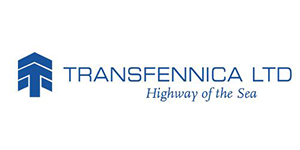
Transfennica Ltd.
RO RO Vessel m/v Seagard
A test conducted by Napa Ltd, overseen by Lloyds Register of Shipping, on m/v Seagard (Wärtsilä 16V46B, 15 600 kW), showed that fuel consumption was reduced by 2% on average with the use of Nanol.
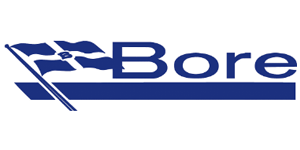
Bore Ltd.
International Shipping
“Total fuel consumption was reduced by ~4% over the first 12 months of running Nanol in our engines. Taking into account all relevant factors affecting consumption, we believe that Nanol is the cause of this reduction.”
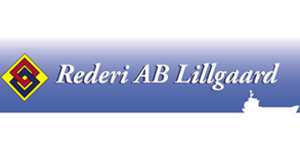
Rederi AB Lillgaard
Baltic maritime service
“For our test engines running with Nanol lubricant additive, fuel consumption was reduced by 4% year-over-year. We accredit this remarkable reduction to the use of Nanol.”
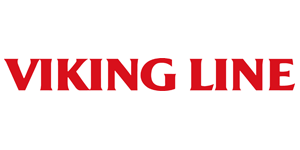
Viking Line Abp
Cruise ferry
"During both the reference- and testing period, the collected data shows a remarkable reduction of fuel consumption on the test engine, and this reduction can, in our opinion, be attributed to Nanol."
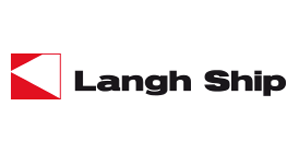
Langh Ship Oy Ab
Multi-purpose vessel
"We have used Nanol in one of our ships, MS Ailas main engine and we can see positive results regarding fuel savings." The vessel is chartered by Containerships PLC.
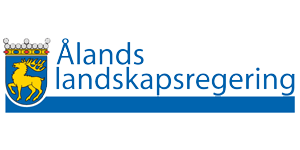
Ålands Landskapsregering
Archipelago vessels
Measurements during normal archipelago traffic conditions noted a fuel oil saving of more than
3% in engines using Nanol.
Partner references

VTT Technical Research Center of Finland, Dr. Prof Kenneth Holmberg
Summary analysis of test results from lubrication with Nanol
16 field tests and 4 bench tests with 0.3% Nanol in ship engine oils, and 15 laboratory tribotests with 0.3 – 3% Nanol in lubricant oil has been carried out between 2010 and 2017. In ship field tests 4% reduction in fuel consumption was observed for middle size (1600- 0000 kW) diesel engines and 1-2% reduction for large (12600-15600 kW) engines with the use of Nanol additives.

Roller bearing test - Fraunhofer Mikrotribologie Centrum
Summary of test results
In a thrust roller bearing test, it was discovered that Nanol reduces friction and prevents the formation of white etching cracks compared to the reference. The cylinder rollers and the bearing race show an intact surface after the test:
- No embrittlement and no corrosion
- No indication of lubricant degradation.

Roller bearings - test by SCHAEFFLER GROUP
Summary and conclusions of test results
Nanol lubricant additive was tested at Schaeffler Group in order to assess the influence of Nanol on formation of WEC (White Etching Cracks) in roller bearings. The test reached a running time of t = 422 h. Failure originated from the surface area of the bearing and was not caused by WECs. Consequently, the oil with Nanol reached at least a tenfold WEC lifetime in comparison with the reference oil (WEC formation at 30-42 h) at mixed friction conditions (at the FE8-25).

